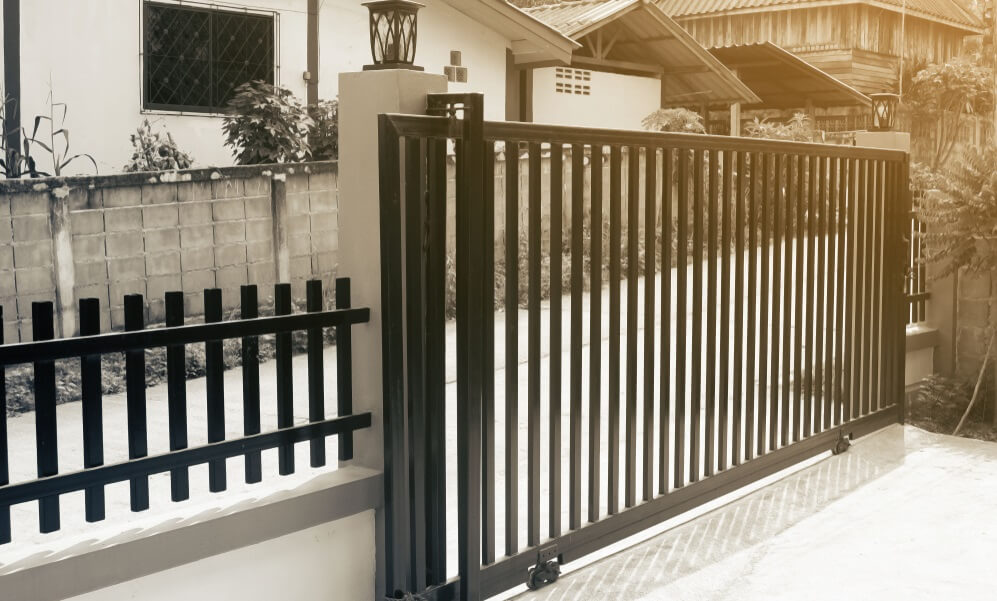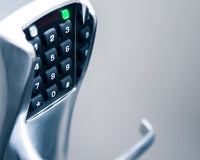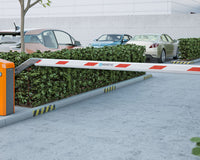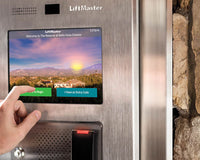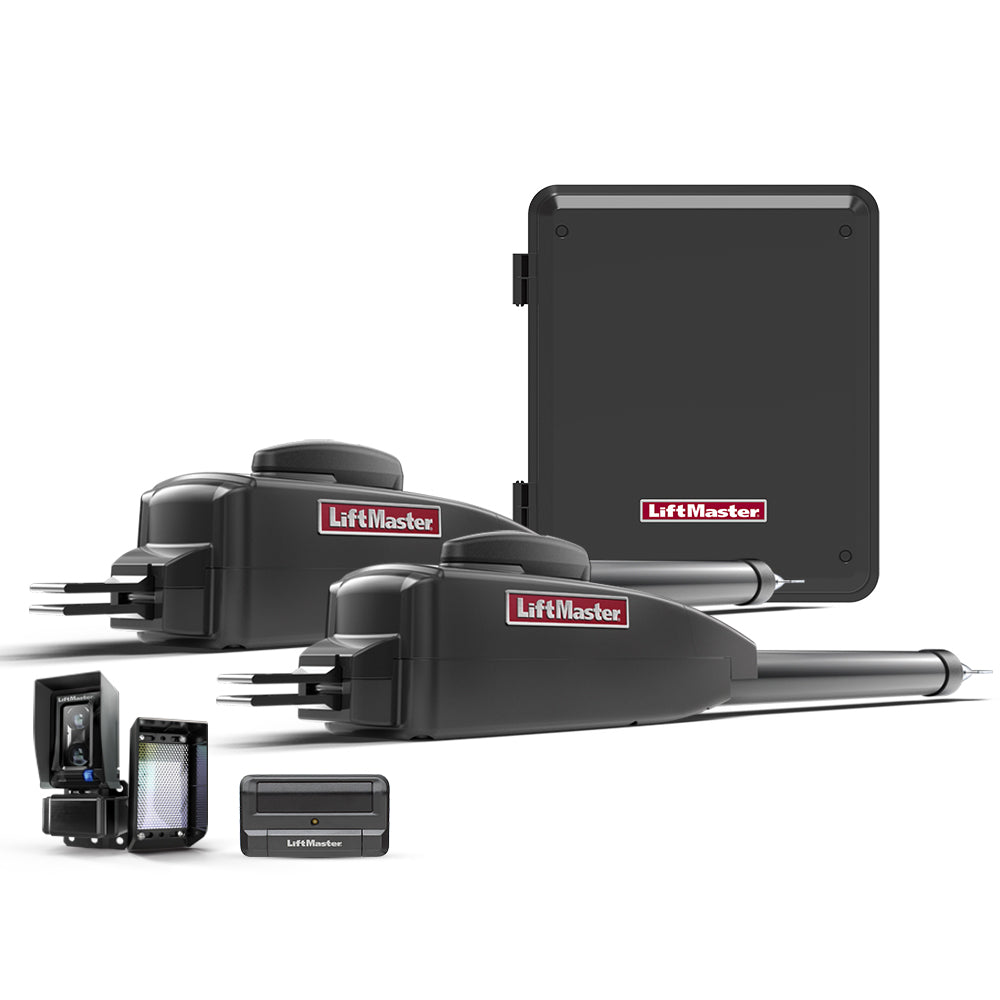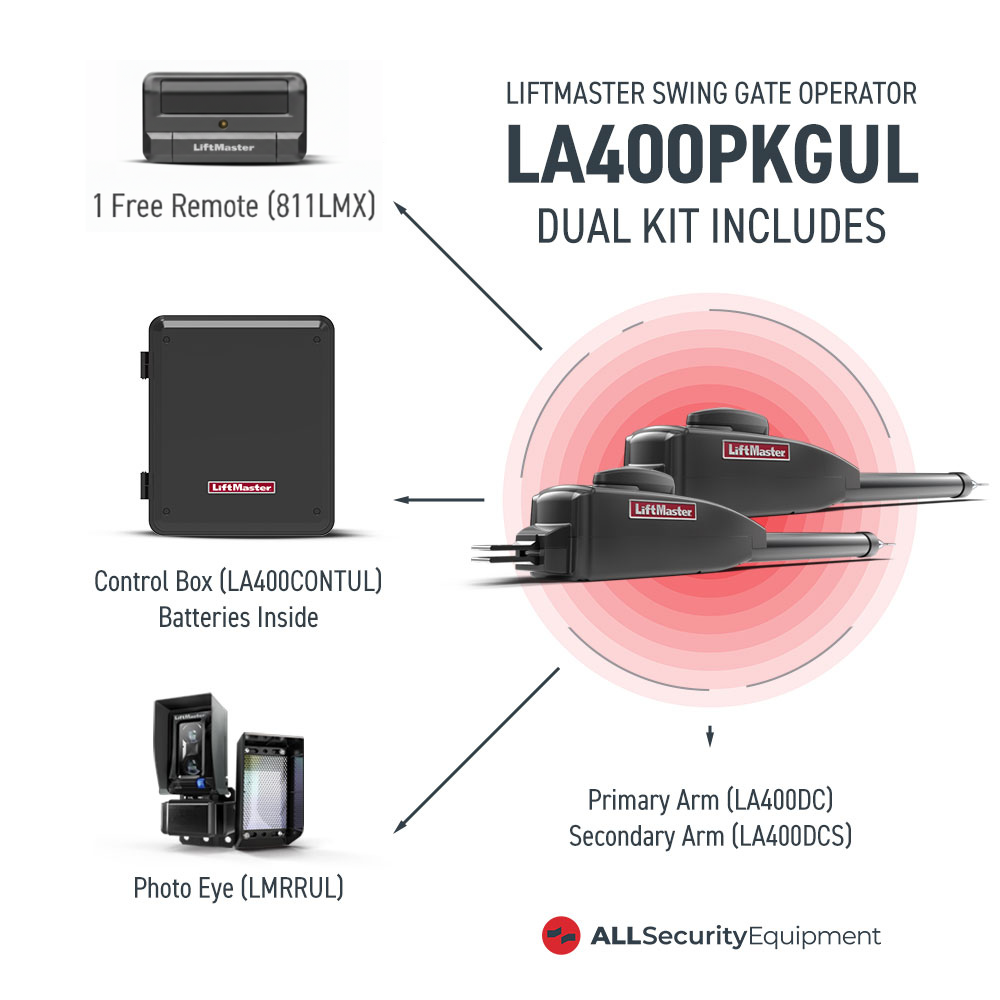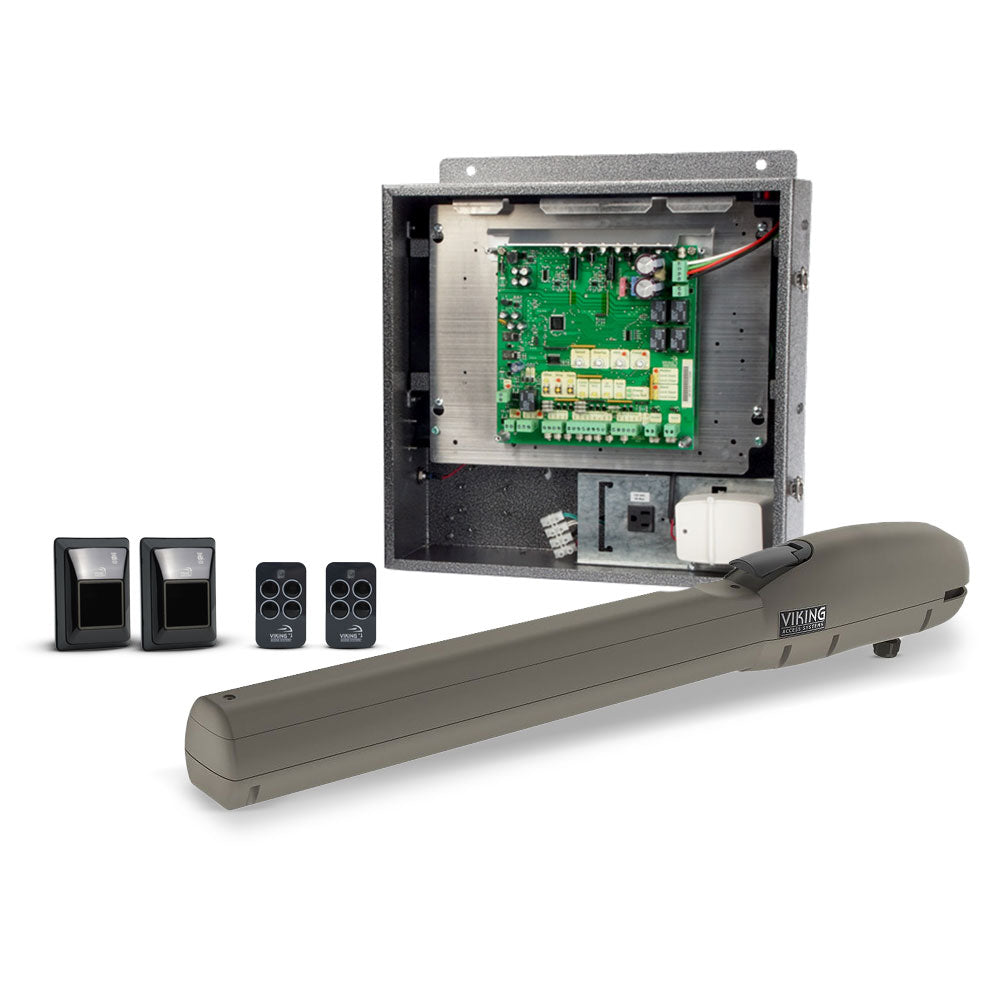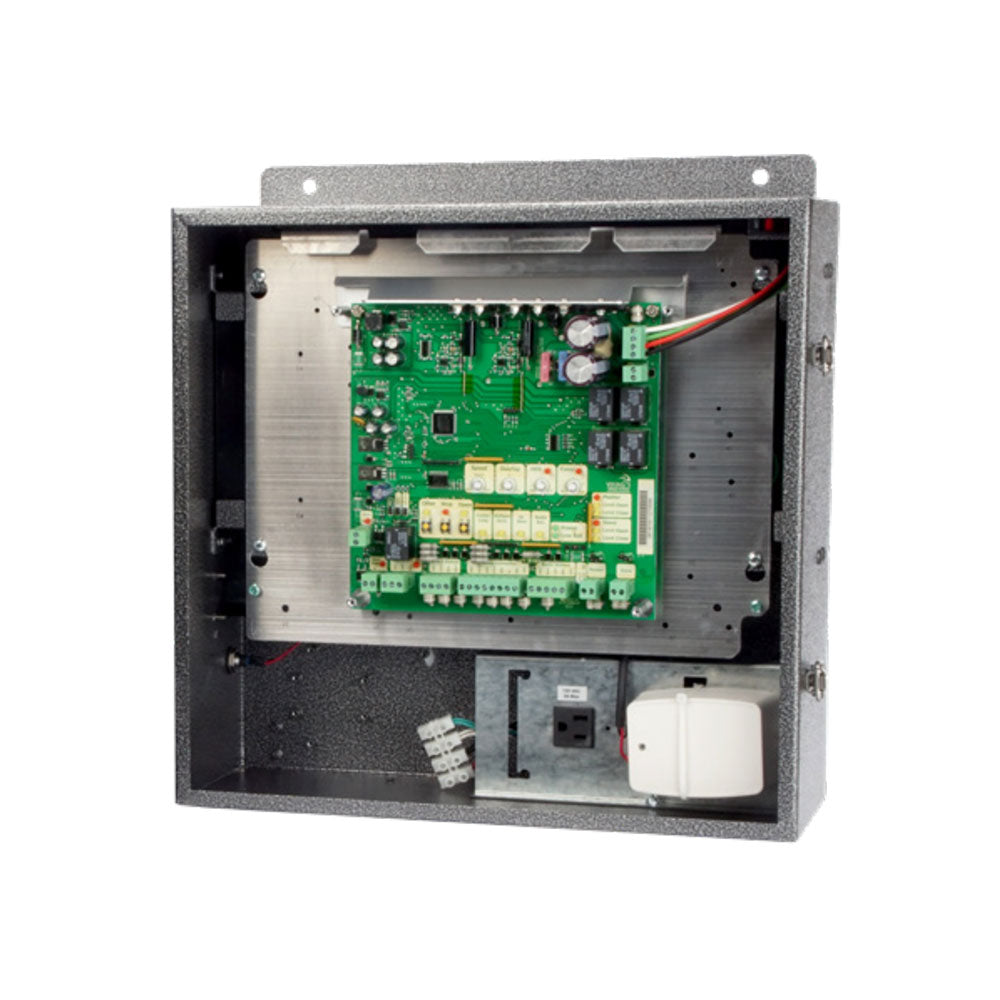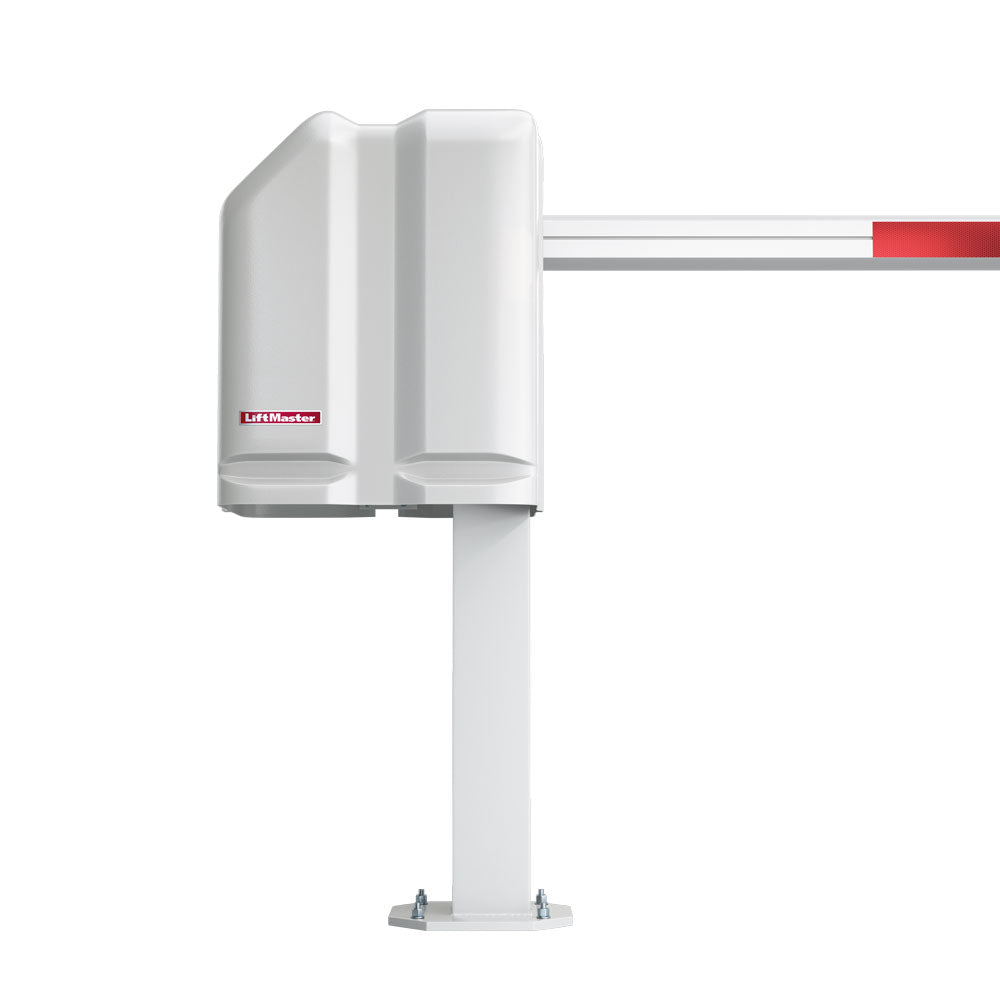Sliding driveway gates are an excellent option for different commercial and residential properties, such as complexes, apartment buildings, condominiums, modern homes, and large private residences. They are convenient and offer security to the property.
They are suitable if you have limited space to accommodate a swinging gate yet require a wide entry. They are also ideal if your gate area is on sloping ground.
However, they cost more to install as several components need to be calibrated and mounted correctly. They are also more prone to break down and require regular maintenance.
The exact reason for the breakdown depends on the type of sliding gate and materials used to make it. The most common materials for sliding driveway gates include steel, wrought iron, vinyl, galvanized iron, aluminum, and wood.
The cause of breakdown also depends on the design of sliding driveway gates, such as cantilever gates, retractable sliding gates, telescopic sliding gates, and automatic sliding gates.
Below are the top seven reasons why your sliding driveway gate breaks down.
1. Incorrect Gate Installation
Sliding gates should be sourced from a reputable supplier and installed by a professional. It may be costlier upfront but cost-effective in the long term. Otherwise, incorrect installation can cause the gate to stop working and also voids the manufacturer’s warranty.
Incorrect sliding gate installation is particularly common for telescopic gates, which require the gate operator frame and guidepost to be aligned to the millimeter. Misalignment can cause the telescopic wheels to collapse or the cable to break, resulting in high repair costs.
Misalignment causes excessive friction in other types of sliding gates.
It is common for electric locks to be fitted incorrectly—on the wrong gate leaf— during an electric gate installation. Often, this happens if an amateur installs the gate. Although in some cases, the client may have requested that the electric lock is installed in a specific gate leaf, resulting in a malfunction.
Other common installation issues include incompatible accessories, incorrect motor size and model, misalignment of the motor gearbox, etc.
2. Wear and Tear
If you notice that your gate jerks when opening and closing, the track may be worn out. Intermittent shutdowns can be caused by a worn-out control board, which inhibits remote signal relays. The control box may also have been damaged by accidental impact by vehicles or vandalism.
3. Rust
The sliding gate components are constantly exposed to air and moisture, precipitating rusting. Wrought iron gates are more prone to rust than galvanized steel gates. Regular maintenance and treatment prevent the metallic gate from rusting.
Powder coating is preferred over wet paint as it makes the driveway gates stronger, more durable, and resistant to chipping and rusting. However, it is not recommended for telescopic sliding driveway gates as it compromises their smooth operation and aesthetics.
If the frame and gate are too rusted, maintenance will not improve their condition, and you will need to replace them. However, you do not have to replace other components, such as the control box, motor, and remote, unless they are damaged.
4. Extreme Weather
Extremely cold weather may cause the metallic components to contract, resulting in the gate getting slammed or operating less smoothly. In winter, snow and ice may build up in the tracks or block the eye sensors. Strong winds and hail can cause trees to fall on the gate damaging it.
On the other hand, lightning may strike electrical components during stormy weather or cause a power surge that damages them. As such, it is important to incorporate a lightning and surge protector in your electric sliding driveway gate configuration.
5. Loss of Power Supply
A power outage, blown transformer, tripped circuit breaker, or blown fuse can cause a loss of power supply. If the cause of power loss is not obvious, have an experienced electrician inspect the automatic sliding gate electrical system and diagnose the issue.
However, for simple issues such as a blown fuse, you can change it yourself if you observe safety precautions. Invest in battery backup to keep the gate operational in case of a power outage.
6. Debris
If your sliding gate won’t move along the track or the movement is jerky, accumulated dirt, rocks, and debris may obstruct it. Or the photo eye sensor may be covered with dirt and dust. Regularly cleaning the sliding gate and its components prevents the accumulation of dirt and debris. Pick out large debris, sticks, and stones, then sweep or vacuum the track to remove loose dirt and dust.
7. Vermin and Insects
It is not uncommon for vermin and insects such as mice, spiders, and hornets to make a home in your control box and photo eye sensors. It mostly happens during winter as these areas are warmer. For example, ants or bees can build a colony in the control box, damaging the electrical components.
Regularly inspect your sensor and operator housing for insects and vermin to prevent such damage. If the invasion is not extensive, you can simply clean it by brushing the pests away. Do not spray any liquids on the electrical components to prevent electrocution, fire, or short-circuiting.
Keep Your Sliding Gate In Good Working Conditions
A myriad of issues can result in your sliding driveway gate breaking down. As we highlighted, the most common ones include incorrect installation, extreme weather, power supply disruption, obstructions such as dirt, debris, insects and vermin, rust, and wear and tear.
The best way to prevent these issues is first to ensure that the gate is installed properly by a reputable company. Secondly, maintain and service your gate regularly.
Routinely inspect the frame, track, and other components for dirt and clean them regularly. During winter, remove snow and ice buildup. Hire a professional gate repair service to inspect and service your driveway gate every 6 to 12 months. Have any damaged parts repaired or replaced as soon as possible to prevent further damage.
We hope that this information will be helpful to you and will help you keep your gate in good working condition. If you have any questions, or if you would like our assistance, please do not hesitate to contact us. Thank you for reading!

